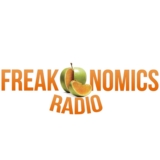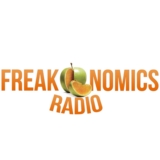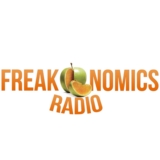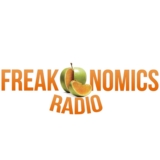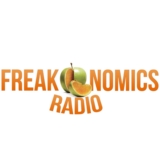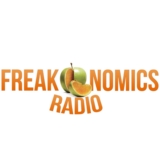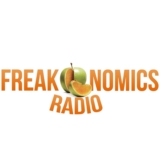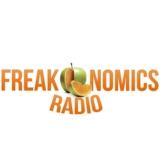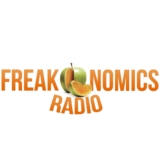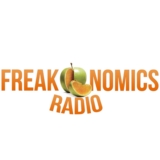Takeru Kobayashi revolutionized the sport of competitive eating. What can the rest of us learn from his breakthrough?
There is strong evidence that exercise is wildly beneficial. There is even stronger evidence that most people hate to exercise. So if a pill could mimic the ...
An all-star team of behavioral scientists discovers that humans are stubborn (and lazy, and sometimes dumber than dogs). We also hear about binge drinking, ...
Recorded live in San Francisco. Guests include the keeper of a 10,000-year clock, the co-founder of Lyft, a pioneer in male birth control, a specialist in ...
Recorded live in Los Angeles. Guests include Mayor Eric Garcetti, the “Earthquake Lady,” the head of the Port of L.A., and a scientist with NASA’s Planetary ...
There are a lot of barriers to changing your mind: ego, overconfidence, inertia — and cost. Politicians who flip-flop get mocked; family and friends who cross ...
Whether it’s a giant infrastructure plan or a humble kitchen renovation, it’ll inevitably take way too long and cost way too much. That’s because you suffer ...
The revolution in home DNA testing is giving consumers important, possibly life-changing information. It’s also building a gigantic database that could lead to ...
As the cost of college skyrocketed, it created a debt burden that’s putting a drag on the economy. One possible solution: shifting the risk of debt away from ...
Humans have been having kids forever, so why are modern parents so bewildered? The economist Emily Oster marshals the evidence on the most contentious topics — ...
- « Previous Page
- 1
- …
- 38
- 39
- 40
- 41
- 42
- …
- 47
- Next Page »

